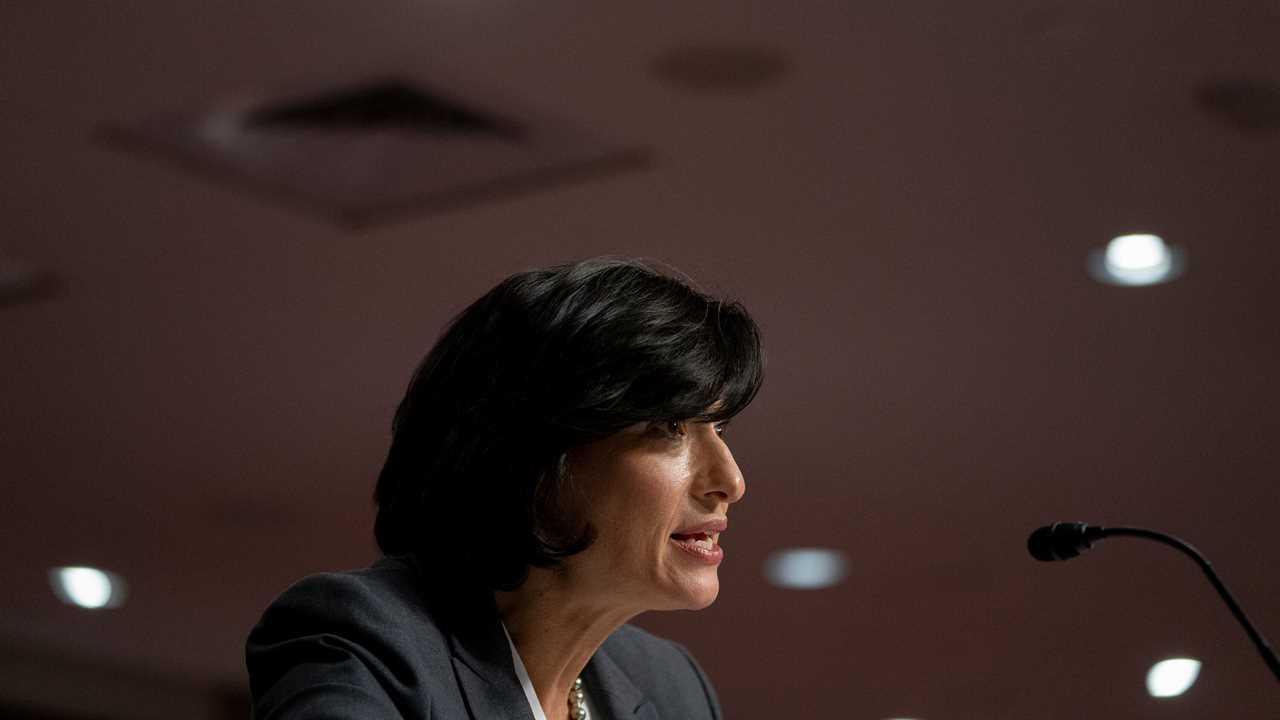
Top federal health officials said on Tuesday that they were expanding a surveillance program at some of the largest U.S. airports as part of a sprawling effort to identify and contain what could be the first cases of the Omicron coronavirus variant in the United States.
Dr. Rochelle P. Walensky, the Centers for Disease Control and Prevention director, said at a White House news conference that the agency was “actively looking” for the variant but had not found a case so far among the many positive virus samples sequenced around the nation each week. Cases of the Delta variant, which drove a devastating summer surge, still make up 99.9 percent of those samples.
Four international airports — in New York, Atlanta, Newark and San Francisco — would enhance screening in a search for possible Omicron cases, she said.
The new variant, which carries a startlingly high number of mutations, has caused fears among scientists and health officials across the globe about a more transmissible virus less susceptible to vaccines. Dr. Anthony S. Fauci, the government’s top infectious disease expert, reiterated at the news conference that it was still too early to truly understand how dangerous the variant might be.
It would likely be weeks before scientists studying the new virus were able to determine more about its properties, he cautioned. “We are hoping, and I think with good reason to feel good, that there will be some degree of protection,” from available vaccines, Dr. Fauci added.
Dr. Walensky said that the C.D.C. was examining ways to make international travel safer, possibly by testing for the virus closer to a traveler’s flight and “additional post-arrival testing and quarantine.” She said the C.D.C. was working with airlines to collect information on passengers that can be used for contact tracing if a case of Omicron is discovered.
Dr. Walensky also described an ongoing domestic effort to identify initial cases of the variant, saying that the C.D.C. was holding regular calls with local health officials, public health organizations and state laboratories, which help to sequence samples.
The United States had already made substantial progress this year in scaling up the number of virus samples examined for possible worrisome variants, she said, sequencing roughly 80,000 samples each week and one in seven positive P.C.R. test samples, a suggestion that it might not be long before scientists find the virus.
Dr. Fauci and Dr. Walensky continued to urge people to get their boosters, which they said would give people more protection in the face of the new variant, if it arrives in the United States. Jeffrey D. Zients, the White House’s Covid-19 response coordinator, said that over 100 million fully vaccinated American adults were eligible for the doses but had not yet received one.
A surge of protective antibodies after a booster shot would likely still be formidable against Omicron, helping to prevent severe illness, Dr. Fauci said, even though the vaccine was developed to fight off the original form of the coronavirus.
The Coronavirus Pandemic: Key Things to Know
The Omicron variant. The latest Covid-19 variant was identified on Nov. 25 by scientists in South Africa, though Dutch officials said two cases were detected in the Netherlands days earlier. Should you be concerned? Here are answers to common questions about this variant.
Mr. Zients said that the federal government was already thinking about what a vaccination campaign with a newly-formulated shot might look like, as pharmaceutical companies study the possibility. “This includes conversations about the most appropriate regulatory pathway for review and authorizations,” he said.
Dr. Janet Woodcock, the acting Food and Drug Administration commissioner, said in a statement Tuesday that the agency was monitoring the new variant, citing guidance regulators released earlier this year about how it would evaluate new variant-specific vaccines on an expedited timeline.
Two top federal vaccine regulators who recently departed the agency argued in a Washington Post opinion column this week that younger, healthier people with a less urgent need for a booster dose might be better off waiting for a retooled vaccine that more precisely targets a worrisome new variant.






